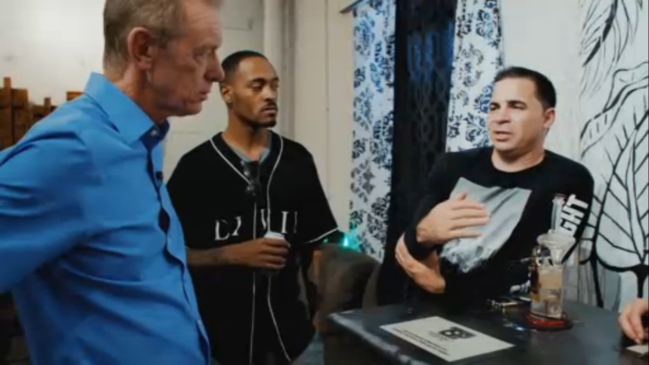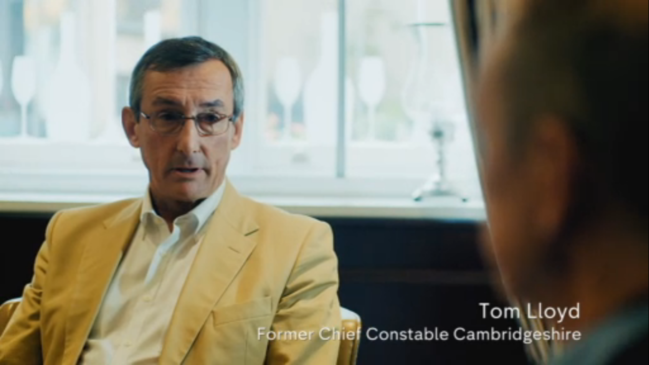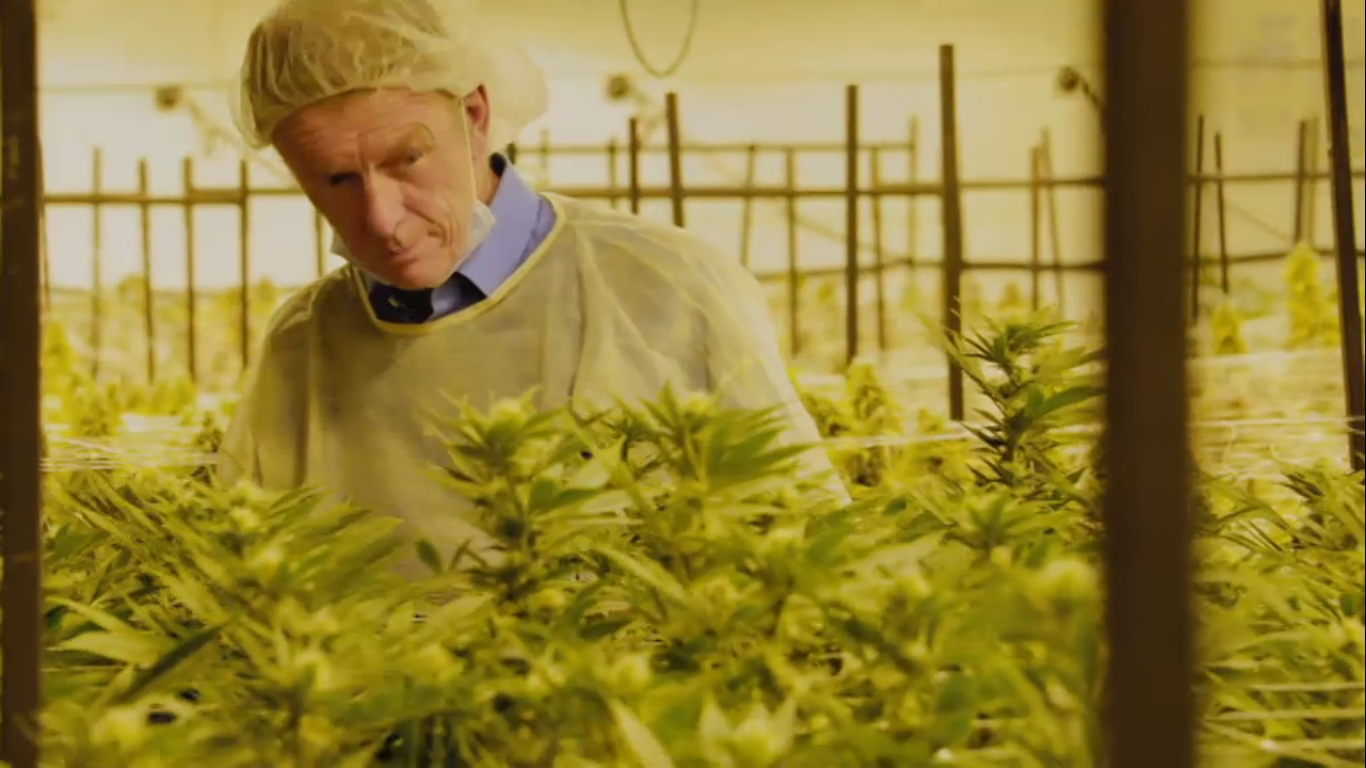Channel 4’s latest Dispatches episode featured former Scotland Yard chief Bernard Hogan-Howe, who visited the US to see if legalisation there could change his views on prohibition in Britain.
Before the episode aired, he voiced his opinion in the media that the government should set-up a two-year review.
Cannabis consumers in the UK responded to the call for a review from Hogan-Howe as a welcome step in the right direction but criticised the suggested timeframe as too long a process and have asked why he has only looked at the evidence after leaving the job – a criticism many politicians face after leaving office.
Patients who are unable to get legal access should not remain at risk of criminalisation, and now knowing the health benefits of cannabis, why should healthy people be denied and criminalised even with the small risks that medical professionals are claiming?
UK Cannabis Social Clubs Chairman Greg de Hoedt said of the situation for consumers in Britain: “A lot of our members risk losing their job if they are found out to be a cannabis consumer due to cannabis laws as they stand.
“When so many other citizens can now legally access it from shops or over the internet in a country under the crown, those at risk feel like their human rights are being infringed upon. If Canadian citizens can legally light up, people in Britain should also be able to without fear of losing their income.”
On Dispatches, Hogan-Howe visited Colorado’s Buddy Boy, one of its biggest cannabis retailers, where cannabis is farmed on an industrial scale, with 1200 plants on a 10-week harvest cycle. The average THC level is between 17% and 23% – higher than the 14% average on UK streets, which Hogan-Howe says is up from 4% in the 1990s – while concentrates go up to 80%. This concerned Hogan-Howe, but as his Buddy Boy host pointed out, alcohol is sold in a range of strengths that go very high as well.
A doctor in Colorado told the programme that a fourfold increase in psychiatric visits associated with cannabis consumption had been recorded since legalisation, although the absolute numbers involved remain small. The doctor admitted that he couldn’t say if people with psychiatric disease are using more cannabis or if wider use of the drug is causing more cases of psychosis. He said more patients get sick from edibles than inhaling because they don’t get an immediate high and so carry on eating when they should stop and wait for the effect to kick in.

Hogan-Howe then visited a licenced members’ club. Black consumers who would have been targeted by police before the law change told him that relations with police are now much better. However, Hogan-Howe worried that they are using far too much for their mental wellbeing.
In the small town of Edgewater on the outskirts of Denver, with 5,000 residents and six cannabis stores, residents told of the “huge benefits” taxes from cannabis sales have brought. Hogan-Howe visits a $15m community development paid from cannabis tax, including a new police station, courts, offices and a fitness centre. A city manager tells him it brings in $1m in tax a year. It enabled all the streets to be repaved. “Everything’s been a benefit.”
However, professor Keith Humphreys from Stanford University points out: “Current tax model that most states are using is fool’s gold. In Colorado, the wholesale price of cannabis per pound has dropped 70% in four years. And that’s going to keep dropping. So if you’re a state and you’ve counted on revenue based on the percentage of the price, every time the price drops, your tax revenue drops. That puts you in this bind where you either have to accept falling tax revenue, or hope that there’s a lot more cannabis use to make up the difference. States are going to have to rethink their taxation model.”
Denver’s Mayor Michael Hancock was previously opposed but has become a convert, while the police’s “worst fears haven’t materialised”, although there remains a “significant black market”.
Reflecting on his visit, Hogan-Howe said he was “impressed by the pragmatism and some of the regulation here and for now at least there’s tax dollars coming in. But it’s a shame that they haven’t got rid of the illicit market yet. And the demand for high potency strains has really shocked me.”

Lastly he speaks to Tom Lloyd, former Chief Constable of Cambridgeshire, who admits that “when it came to drug enforcement, I did more harm than good, and I think that applies to the police force generally.
“Under prohibition, anybody can get drugs, they don’t have to prove their age, they just have to provide money to the dealer. That is wrong. Let’s just make it as safe as possible, with limits where appropriate on strength and access to protect the young and the vulnerable.”
Hogan-Howe concludes: “I haven’t seen enough evidence to say change the law now, but I have seen enough to say we should review it and without kicking it into the long grass.
“And we need to get on with it. If I were Home Secretary, I would set up an urgent commission of experts to look at the evidence about what’s happening with cannabis in North America. We know from around the world that where the law allows for medicinal use, it tends to slide towards recreational legalisation. Surely it is better that we get ready for that potential change.”





Comment (1)